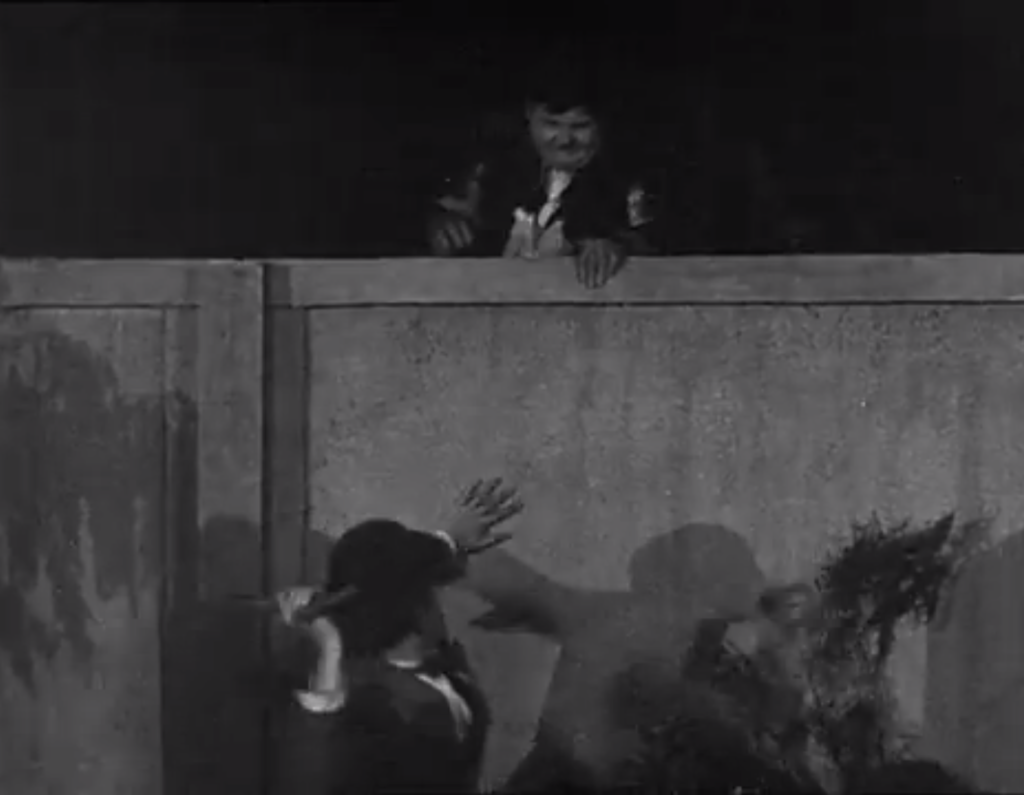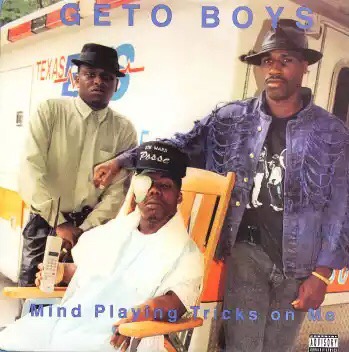
In urban areas around the world, where the affluent minority and poor majority live in relative proximity to each other, aggressive security practices and strict governance reflect and reproduce the divided city.Ī critical case for understanding a transnational view of urban governance, especially in highly unequal, majority-poor cities, this closely observed study of postapartheid Cape Town affords valuable insight into how security and governance technologies from the global North combine with local forms to create new approaches to social control in cities across the global South.Ĭartel: The Coming Invasion of Mexico’s Drug Wars. Samara shows how governance in Cape Town remains rooted in the perceived need to control dangerous populations and protect a somewhat fragile and unpopular economic system. The city’s attempt to escape its past is, however, constrained by crippling inequalities, racial and ethnic tensions, political turmoil, and persistent insecurity.

256p.Ĭape Town after Apartheid focuses on urban renewal and urban security policies and practices in the city center and townships as this aspiring world-class city actively pursues a neoliberal approach to development.

Minneapolis, MN: University of Minnesota Press, 2011. In exploring the ways that spatial and literary texts replace lynching with proclamations of innocence and regret, Lightweis-Goff argues that racial violence is an incompletely erupted trauma of American life whose very hiddenness links the past to still-present practices of segregation and exclusion.Ĭape Town after Apartheid: Crime and Governance in the Divided City. Lightweis-Goff seeks to implicate societal attitude in the actions of the few and to reveal the legacy of violence that has been obscured by more valiant memories in the public sphere. Her research and travel move outside the American South and rural locales to demonstrate the fiction of confining racism to certain areas of the country and the denial of collective responsibility for racial violence. Wells-Barnett, Richard Wright, William Faulkner, George Schuyler, and Kara Walker, Lightweis-Goff also incorporates her personal experience in the form of a year-long travelogue of visits to lynching sites.

Including critical study of writers and artists like Ida B. In Blood at the Root, winner of the 2009 SUNY Press Dissertation/First Book Prize in African American Studies, Jennie Lightweis-Goff examines the centrality of lynching to American culture, focusing particularly on the ways in which literature, popular culture, and art have constructed the illusion of secrecy and obsolescence to conceal the memory of violence. Albany, NY: State University of New York Press, 2011. Let's see if it can help jumpstart the career of a hip-hop veteran group like the Geto Boys, who are regarded as the "southern hip-hop pioneers."įans need to beware: Unless the threesome reaches their fundraising goal of $100,000, the album won't see the light of day.Blood at the Root: Lynching as American Cultural Nucleus.

It's almost certain that Kickstarter has become the largest funding platform on the planet, used for all sorts of creative projects. Of course, the most prolific item is the $10,000 customized casket with a knitted pillow autographed by the entire group.
#THE GETO BOYS HABEAS CORPUS DOWNLOAD#
According to a Rolling Stone report, contributors to the campaign have several lower-end reward options – including a digital download of the album with an exclusive bonus track, a T-shirt, an autographed CD and a meet and greet session.Ĭontributions in the thousand dollar range, however, will get to bar-hop with Bushwick Bill, play golf with Scarface's autographed golf balls, and get their product endorsed by Willie D and gain backstage access to the group's concerts.


 0 kommentar(er)
0 kommentar(er)
